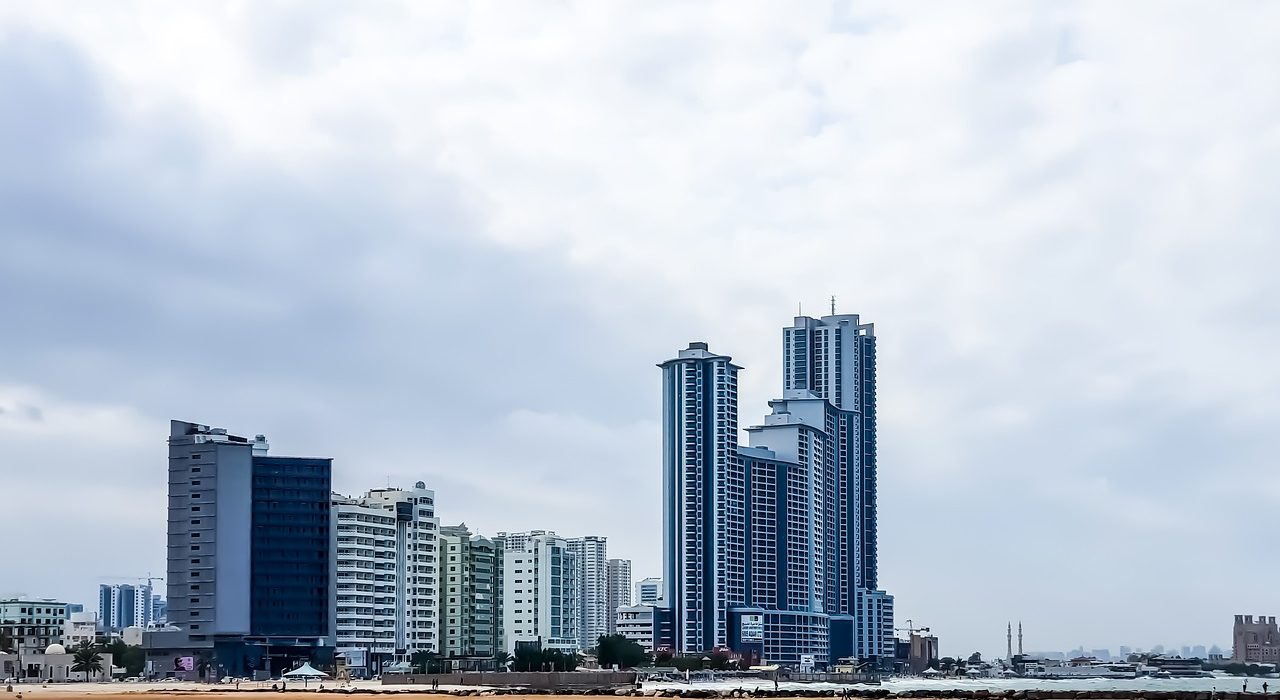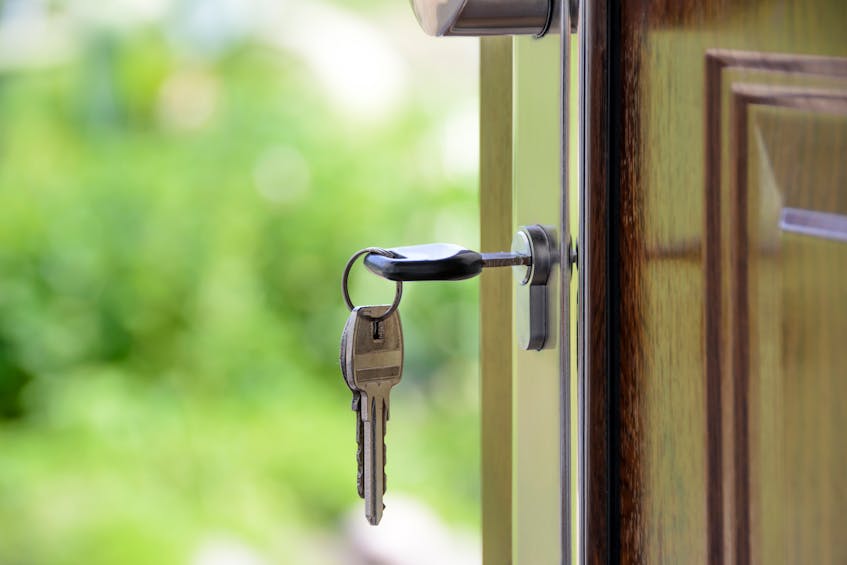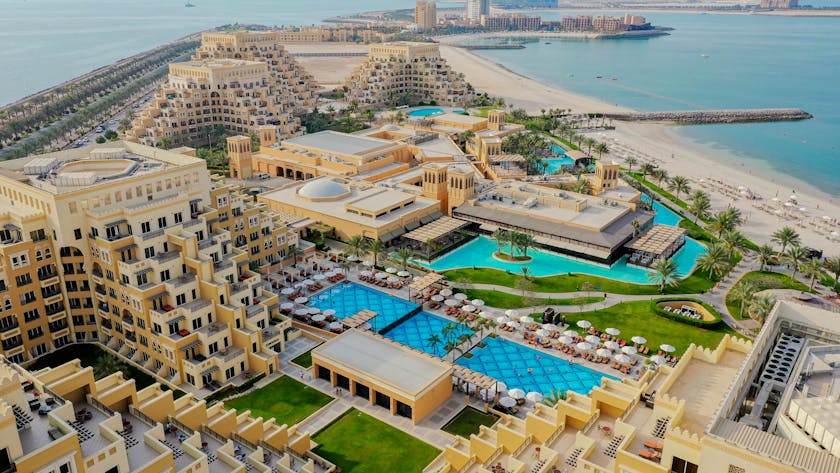Mortgage Options for Freehold Properties in Ajman: What You Need to Know
Purchasing a freehold property in Ajman is an exciting step toward homeownership or property investment. As Ajman grows as a prime real estate destination in the UAE, understanding the available mortgage options is essential to maximize this opportunity. Read more “Mortgage Options for Freehold Properties in Ajman: What You Need to Know”









